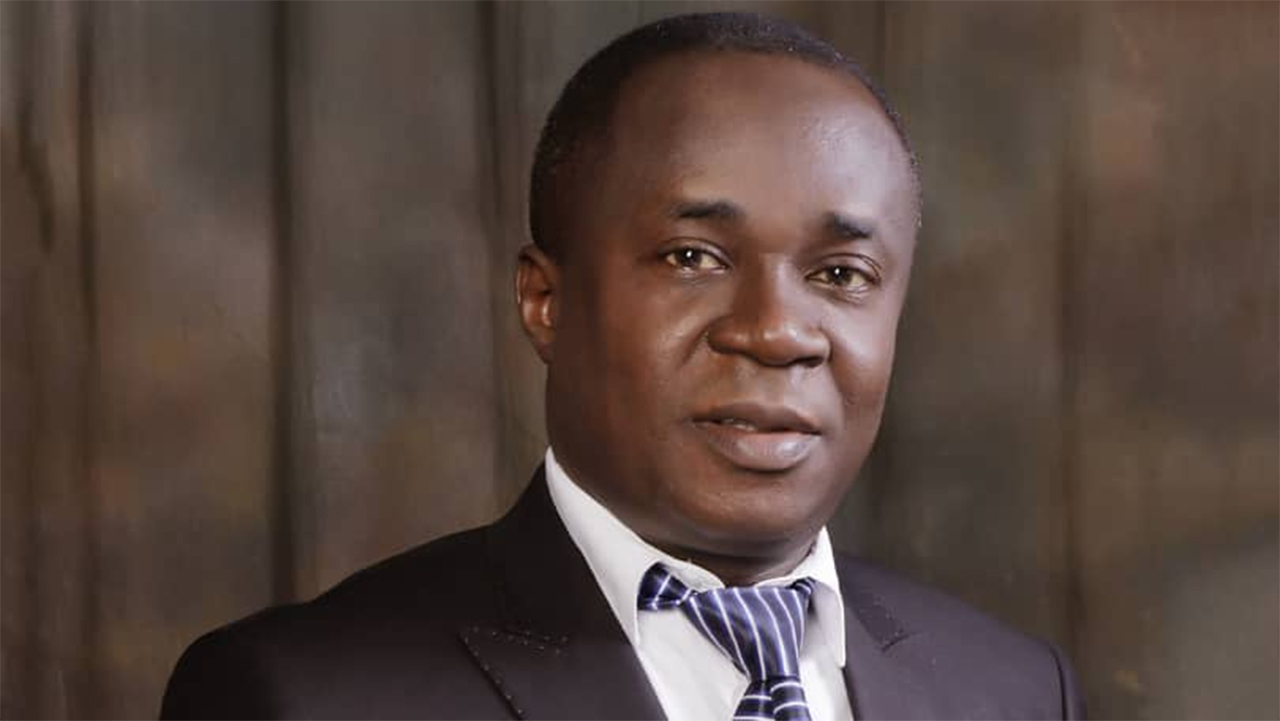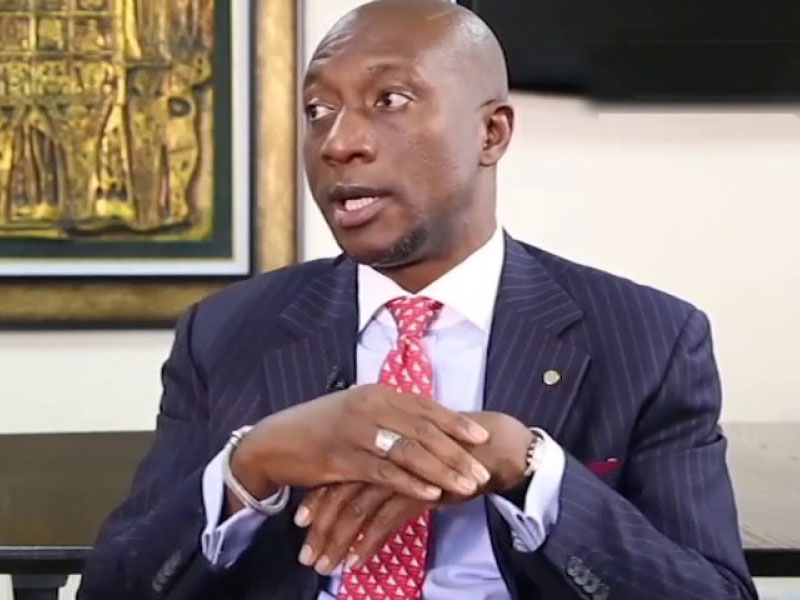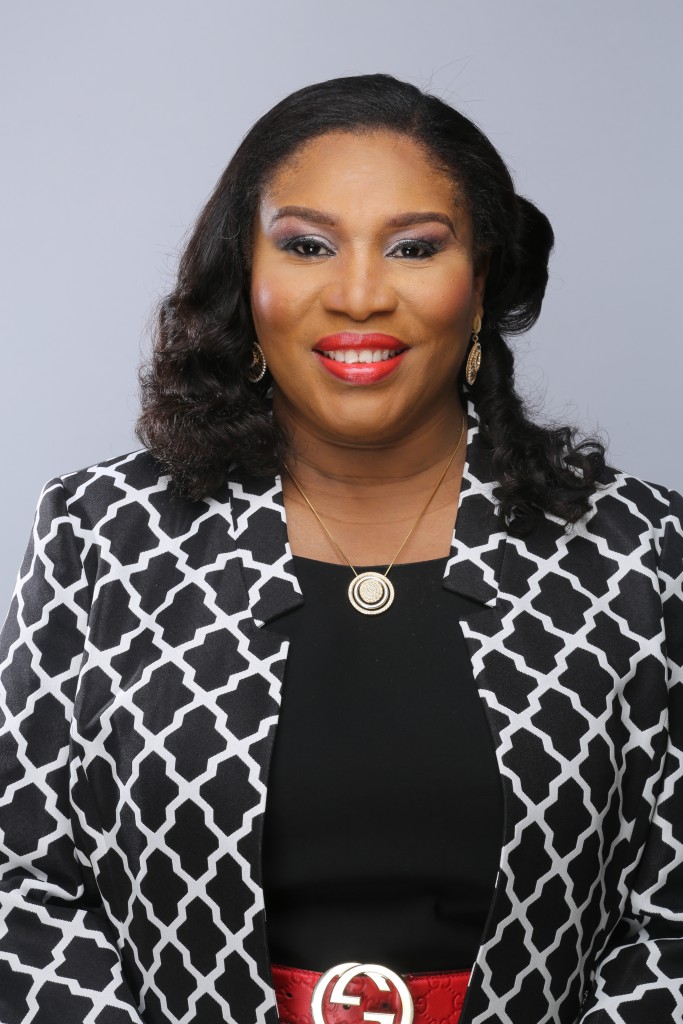Charles Abuede
- Building the blocks of a large number of informed participants requires effective teaching for high rate of financial market knowledge
- Academia will need to collaborate with other institutes within the space to develop the capital market
Stakeholders seeking to broaden the reach of the Nigerian capital market and drive its growth, are looking to the academia to build academic and strategic long-lasting relationships to help achieve these goals. They see collaboration and relationships between the market and academia as a way to modernize innovations aimed at driving growth in the Nigerian capital market as such collaborative effort can encourage financial literacy and bridge the gaps in investment in the capital market.
This proposition was made at a virtual symposium organised by the Abuja branch of the Nigerian Capital Market Institute (NCMI), a training arm of the Securities and Exchange Commission (SEC) for the education of the capital market community in conjunction with industry leaders and other relevant stakeholders.
The event, which was themed, “Role of Academia in the Development of the Capital Market,” and was monitored by Business A.M., was aimed at bridging the knowledge gap between capital market and the academia and equipping the institutions with the requisite knowledge and skills for research and publication which are the knowledge-based nature of the capital market.

Lamido Yuguda, the director-general of SEC and chairman of the NCMI board, in his keynote remark at the expressed optimism while pledging that the capital market regulator will encourage financial literacy and bridge gaps in investment in the capital market.
“I salute the organisers and the resourcefulness of the Association of Capital Market Academics of Nigeria (ACMAN) in the development of the capital market. The symposium theme is timely as it mandates on investors education. However, SEC is committed to encouraging financial literacy and bridging gaps in the investment in the capital market. As regulators, we shall continue to support the impacts that are aimed at the development of the market,” he stated.

Uche Uwaleke, a professor of capital market and president of the capital market academics of Nigeria, who also doubled as the lead speaker at the event among seven other distinguished discussants, said that there is need for strong regulations, which are aimed at protecting investors and also introduce capital market programmes to Nigerian schools.
“For our capital market to be the most liquid in emerging market economies, we need the building blocks of a large number of informed participants requiring effective teaching for a high rate of financial market knowledge, specialist skills in market intermediation enhanced by research, strong regulations to protect investors supported by research, government support requiring strong advocacy as a service to the market,” Uwaleke said.
The capital market professor also proposed to pursue the introduction of capital market programmes in Nigerian universities either through the National Universities Commission or Securities and Exchange Commission, get the NUC or universities to involve practitioners in curriculum development, liaise with the directors of Central Bank of Nigeria-funded model business schools to mount capital market postgraduate programmes.

Also speaking as one of the discussants at the virtual symposium, Oscar Onyema, chief executive officer of the Nigerian Stock Exchange, said the seamless relationship between the capital market and academia are strategic and also a long-lasting partnership which can help to modernise the teaching and learning with the needed skills and innovations to drive the growth of the capital market.
“A well-managed partnership can bring up well-trained professors and students. The NSE X-Academy was established to provide exchange information to individuals to gain knowledge of the capital market, creating more relationship that will help improve the capital market landscape in Nigeria. Also, academia leadership is vital in creating a joint steering of leadership. Leaders and academic experts can come out to chat a way to this development through strategic, operational and transactional models. These are successful models that can work collaboratively with other drivers of the capital market,” Oscar said.
Furthermore, Bola Onadele Koko, the chief executive officer of the Financial Market Data Quotations (FMDQ) in his remark said the academia will need to collaborate with other institutes within the space to develop the capital market.
Meanwhile, Augustine Agom, a professor of securities law and corporate law at ABU, Zaria, said we can target capital market development to educate and build capacity as investors. Interrogate issues aimed at building for developing the jurisprudence in the capital market.
“Nigeria has a large market of about 206 million populations; so we should not benchmark ours with countries as Malaysia with 39 million population. There is a need for alignment between academia and the market. Capital market academics can do much in building expertise. There is a need to build personal engagement and it is important we review our curriculum from time to time. Similarly, academia has potentials to impact the capital market,” the corporate law professor opined.
Husseini Mohammed, a lecturer at NILE University, said the central bank and deposit insurance corporation should be involved to drive growth and development of the capital market.
“Deepening the market, capacity building, low returns happen to be some challenges experienced. The ACMAN members are ready to collaborate to move the capital market to a 21st-century market. We should ensure we collaborate to expand the market. We should have qualified manpower. The CBN, NDIC and others should be involved in the body to help drive growth and development as wells a joint partnership to progress,” Mohammed said.

Oluwatoyin Sanni, the chief executive of Emerging African Capital Group said academia has a huge role to play in the economy and not just the capital market.
“There are no concerted and determined nationwide efforts to develop manpower for the industry. Capital market education is critical at all levels. The literacy aspect is important to investors on investment. The academia will be needed as faculty members to foster innovations through research. What has happened in the world is the development of business hubs and the world to support industries and drive economic development. Industries need to create amazing hubs for industries to tap into. It involves closing the significant gap that exists to understand the position. It is important because the major capital market plays in economic development,” Sanni stressed.
Speaking on investors’ activities in the growth of the capital market, she spoke of the involvement of experts in the formulation of policies for a healthy market and for a healthy economy. She also said that private institutions can also play a huge role as the capital market institutions (CMI) can create resident entrepreneurs, campus ambassador programmes into the industry in order to close the existing gap.








